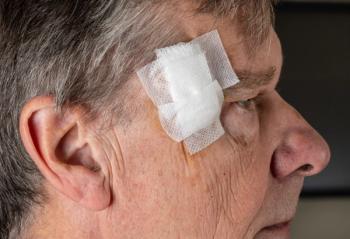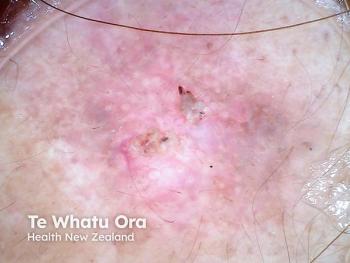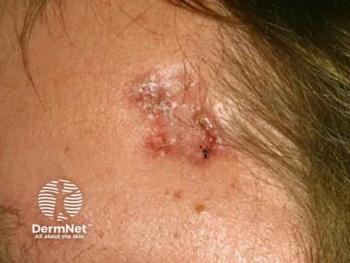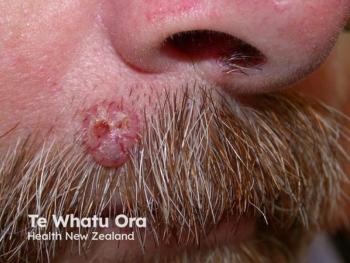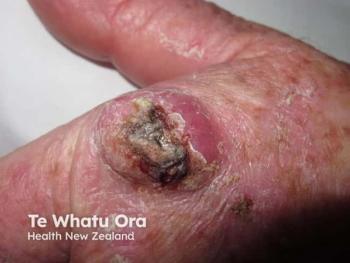
Study: New Portable Device for At-Home Skin Cancer Treatment
Data from a pilot study on a new prototype photodynamic therapy device for BCC was shown at the EADV Congress.
A new prototype photodynamic therapy (PDT) device for at-home treatment of basal cell carcinoma (BCC) reduces pain level of treatment while also achieving efficacy comparable to a hospital stay according to pilot study findings presented at the 30th European Association of Dermatology and Venereology (EADV) Congress.1
The efficacy of PDT, a treatment that use a light-sensitive medicine and a light source to destroy cancer cells, for low-risk BCC has been studied multiple times and proven efficacious, but the pain that patients have experienced afterwards has prompted development of this device.
“The importance of a portable PDT device is crucial in its country of origin, Brazil, where many patients need to travel more than 300km to receive specialized dermatological treatment,” said Ana Gabriela Salvio, MD, lead author of the study from Brazil. “However, the global pandemic accelerated the need to develop this at-home treatment element, which has the potential to impact the treatment of BCC internationally.”
There were 15 patients that enrolled in the pilot study located in Amaral Carvalho Hospital together with Sao Carlos Institute of Physics, in Sao Paulo State, Brazil. The first PDT session was performed at the hospital with a 20% methyl aminolevulinate cream was applied to the BCC lesion and was then illuminated for 20 minutes with a commercial red light LED device.
After the first round of light, a layer of cream was applied and the new portable irradiation device—the size of a coin—was fixed to the skin with a medical adhesive tape. After, the patient was sent home and advised to tun on the illumination after 1.5 hours and turn it off after 2 hours, according to the release.
The pain was assessed every 3 minutes during the hospital treatment and self-reported from home every 20 minutes on a scale from 0 to 10. The scores were then compared.
The histological analysis found the clearance at 30 days after PDT was 86.67% which is comparable to standard PDT treatment, and the pain score was significantly lower for the PDT treatment performed at home. The median self-reported score by the patients was a 1 for the first 3 measures and a 0 for the 4 that followed vs to 3-4 for the hospital treatment, suggesting that a more comfortable treatment with less pain is possible according to researchers.
“Our study results could have a hugely positive impact on the treatment of basal cell carcinoma in Brazil and the rest of the world.”, said Salvio, “Patients reporting much lower levels of pain from the at-home treatment is really encouraging, especially because it doesn’t come at the cost of efficacy.”
Following the success of the pilot study, a clinical trial with more than 200 patients has been approved and the portable irradiation device is in the process of being patented.
“The fight against skin cancer is an important priority for the EADV,” said Marie-Aleth Richard, MD, PhD, EADV board member and professor at the University Hospital of La Timone, Marseille, France “The findings of this breakthrough pilot study present a new, exciting way of delivering cancer therapies for home treatment, with the potential to transform how BCC is treated globally. This is of course only possible after confirmation of both BCC diagnosis and PDT treatment indication.”
Reference:
1. Salvio, AG, Requenna M.B., Stringasci M. et al., Photodynamic Therapy performed at home: The use of a portable device to decrease the patient’s stay at hospital without compromising the efficacy of basal cell carcinoma treatment; Abstract no. 1289, submitted to EADV 30th Congress, 29-02 October 2021
Newsletter
Like what you’re reading? Subscribe to Dermatology Times for weekly updates on therapies, innovations, and real-world practice tips.

